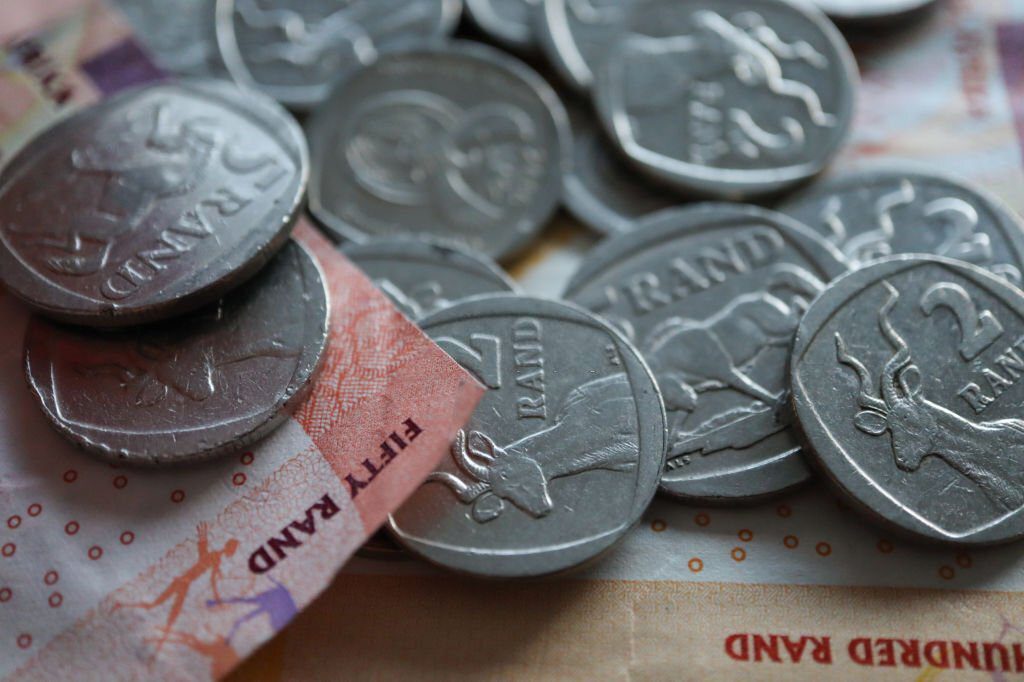As South Africa strides towards economic growth and social equality, one pivotal element garners significant attention – the Minimum Wage. What is it? Why does it matter? How does it affect both the workers and the broader economy? This article delves deep into the intricacies of South Africa’s minimum wage, tracing its historical roots, current standing, its role across different industries, and the pros and cons that accompany its implementation. We also look towards the horizon, exploring future projections and their implications. Whether you are an employee, an employer, a student, or simply an interested reader, join us as we navigate through this compelling journey of understanding the role and impact of the minimum wage in South Africa.
Table of Contents
Introduction to South Africa’s Minimum Wage
The minimum wage in South Africa is a stipulated base level of pay that employers are obliged to provide their workers. The purpose of the minimum wage is to protect workers against unduly low pay and reduce income inequality. By setting a base level for wages, the government aims to ensure that workers can afford a basic standard of living and that their rights are upheld.
The minimum wage is not a one-size-fits-all solution, as it varies by industry and job type. In some cases, it can also be affected by factors such as the size of the employer’s business and the location of work. Despite these variations, the overall goal is to provide a measure of income security for low-paid workers.
Historical Background of Minimum Wage in South Africa
The concept of a minimum wage has a long history in South Africa, dating back to the early 20th century. However, the implementation has been uneven, reflecting the country’s turbulent political and social history. Under the apartheid regime, minimum wages were often racially discriminatory, with black workers frequently paid less than their white counterparts.
The advent of democracy in 1994 brought significant changes, including a renewed focus on workers’ rights. The Labour Relations Act of 1995 and the Basic Conditions of Employment Act of 1997 laid the groundwork for modern wage regulations. The National Minimum Wage Act of 2018 further strengthened these protections by establishing a national minimum wage for the first time.
The Current State of the Minimum Wage
As of the current date, the national minimum wage in South Africa is set at R21.69 per hour. This represents a modest increase over previous years, reflecting the government’s commitment to gradually raise the minimum wage in line with inflation and economic conditions. However, it’s important to note that some categories of workers, such as farmworkers and domestic workers, have a lower minimum wage.
Despite this increase, the minimum wage remains a contentious issue in South Africa. Many workers and unions argue that the current level is not sufficient to cover basic living costs, especially in urban areas where the cost of living is higher. On the other hand, some employers and business groups argue that higher wages could lead to job losses and reduced competitiveness.
Factors Influencing the Setting of Minimum Wage
The setting of the minimum wage in South Africa is influenced by several factors. One of the primary considerations is the cost of living, which includes expenses like food, housing, and transportation. The goal is to ensure that workers can afford a basic standard of living on their minimum wage earnings.
Other factors include the state of the economy, the level of unemployment, and the capacity of businesses to pay. The government has to strike a balance between providing a fair wage for workers and not overburdening businesses to the point where it might lead to job losses. This is a delicate balancing act, and it often involves tough decisions.
Minimum Wage Across Different Industries
In South Africa, the minimum wage varies across different industries. While there is a national minimum wage, certain sectors have specific minimum wage rates set by sectoral determinations. For example, farmworkers and domestic workers have lower minimum wages, reflecting the economic realities of these sectors.
These sector-specific minimum wages are determined by the Department of Labour and are often the result of negotiations between unions, employers, and the government. The goal is to set a wage that is fair to workers while also taking into account the ability of the industry to sustain higher wages.
Benefits of the Minimum Wage
There are several benefits to having a minimum wage. Firstly, it provides a base level of income security for workers, ensuring that they earn enough to cover basic living costs. This can help to reduce poverty and income inequality, two major challenges facing South Africa.
Secondly, the minimum wage can stimulate economic growth by increasing the purchasing power of low-wage workers. When workers earn more, they tend to spend more, which can boost demand for goods and services and spur economic activity. This can lead to job creation and further economic growth.
Criticisms and Challenges of the Minimum Wage
While the minimum wage has benefits, it also faces criticisms and challenges. Some argue that it can lead to job losses, as businesses may not be able to afford to pay higher wages. This is particularly a concern for small businesses and industries with tight profit margins.
Others argue that the minimum wage is not enough to cover the cost of living, especially in urban areas. They argue for a “living wage” that would provide a higher level of income security. These criticisms highlight the ongoing debates about the best way to ensure fair wages and economic growth in South Africa.
Impact of the Minimum Wage on South Africa’s Economy
The minimum wage has a significant impact on South Africa’s economy. On the one hand, it can stimulate economic growth by increasing the purchasing power of low-wage workers. On the other hand, it could potentially lead to job losses if businesses cannot afford to pay higher wages.
The overall impact of the minimum wage on the economy is complex and depends on a variety of factors, including the state of the economy, the level of unemployment, and the ability of businesses to absorb higher wages. It’s a delicate balancing act that requires careful monitoring and adjustment.
Case Studies: Effects of Minimum Wage on Workers
There are many case studies that illustrate the effects of the minimum wage on workers in South Africa. For example, in the agriculture sector, the introduction of a sector-specific minimum wage led to increased wages for many farmworkers. However, it also led to some job losses, illustrating the complex trade-offs involved in setting the minimum wage.
Similarly, in the retail sector, the minimum wage has helped to boost wages for many low-paid workers. However, there have also been concerns about job losses and reduced working hours. These case studies highlight the ongoing challenges in ensuring that the minimum wage provides a fair wage for workers without leading to job losses.
Future Projections for the Minimum Wage
Looking ahead, the future of the minimum wage in South Africa is likely to be a topic of ongoing debate. There is broad consensus that the minimum wage needs to be regularly reviewed and adjusted to keep pace with inflation and changes in the cost of living.
However, there are differing views on how much the minimum wage should increase and how quickly. Some argue for gradual, modest increases to avoid potential job losses, while others argue for more significant increases to ensure a living wage for all workers. These debates will continue to shape the future of the minimum wage in South Africa.
Conclusion
In conclusion, the minimum wage plays a crucial role in South Africa’s efforts to reduce poverty and income inequality. While it faces criticisms and challenges, it also brings benefits and opportunities. The key to its success lies in finding the right balance – a wage that provides a fair income for workers, stimulates economic growth, and is sustainable for businesses. As South Africa continues to navigate its economic future, the minimum wage will undoubtedly remain a vital part of the conversation.

















